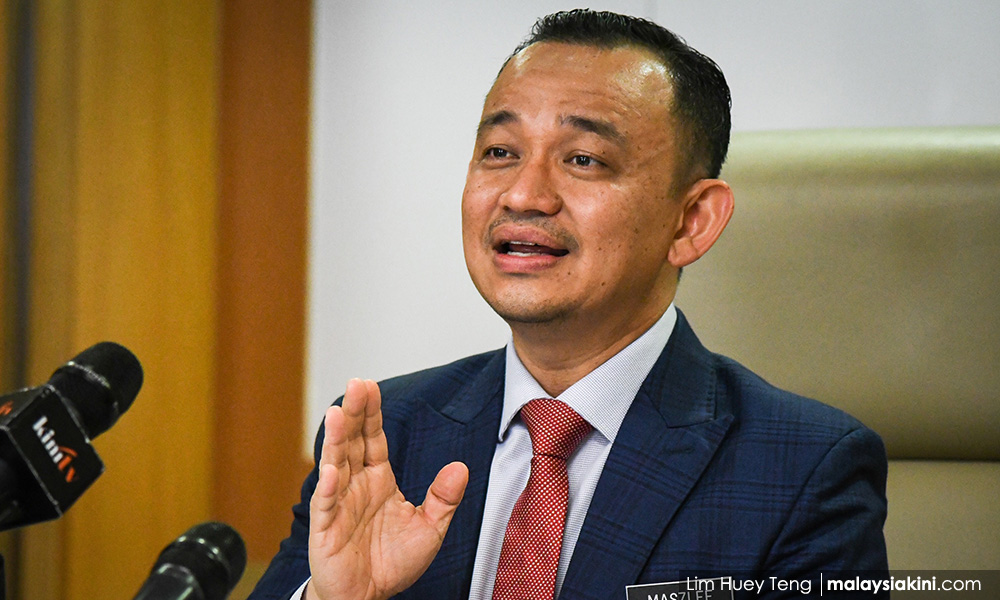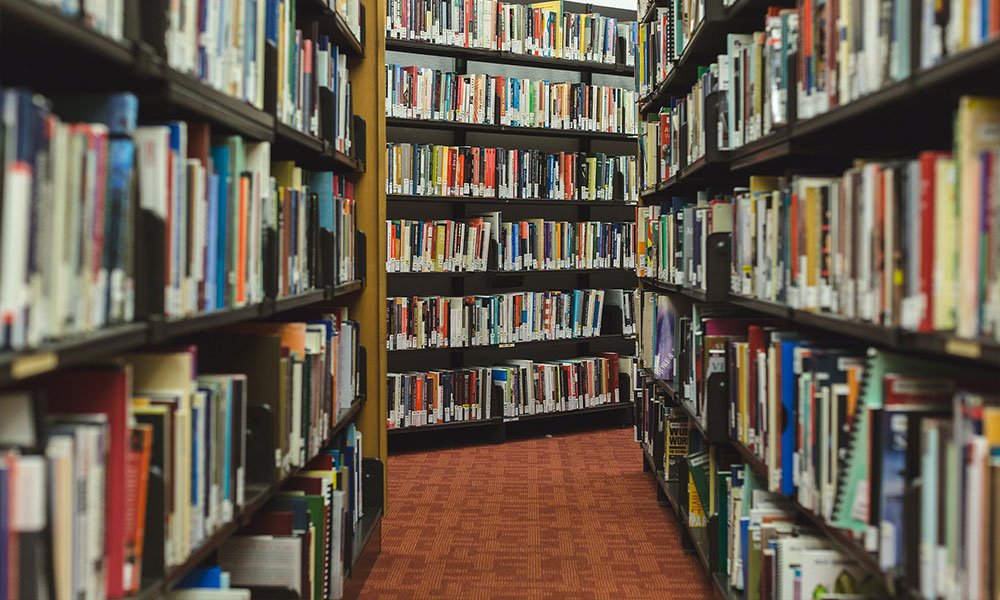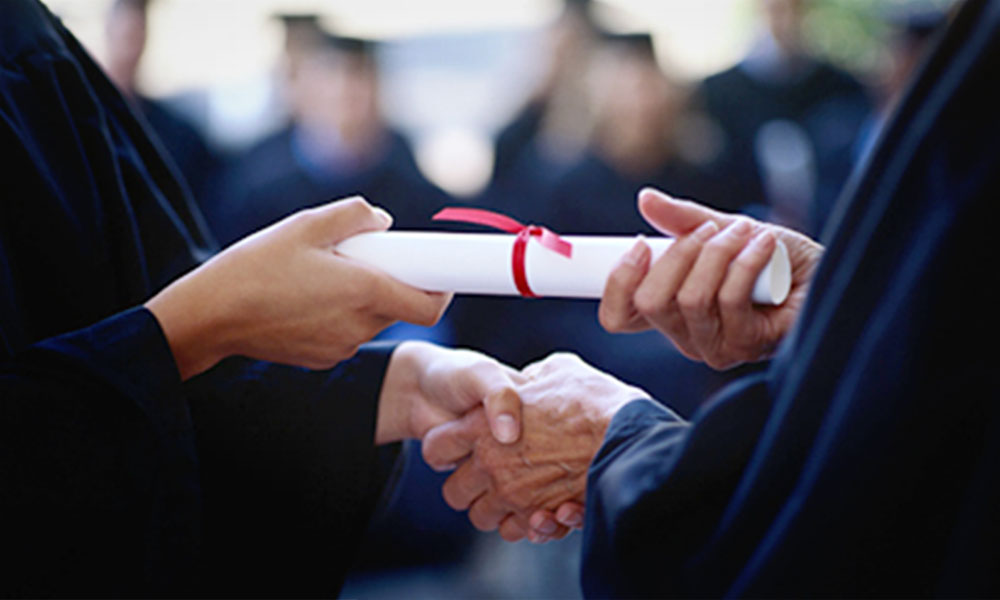The Education Ministry's addiction to apartheid
Opinion |
Azly Rahman
Published: |
Modified:

COMMENT | There has been an avalanche of criticisms against the Education Ministry of late. Many are not satisfied with what has been going on in terms of the perceived continuation of racial preferential treatment and access to resources, and its continuing addiction to apartheid.
Not good. I suggest we look into our practice of educating, making our thinking global rather than kampung-ish. Education is a 'gentle' profession and not to be used as a tool of oppression, in the case of Malaysia today, against the non-Malays who are rightful citizens, and deserve all the opportunities available, especially through education.
I was recently asked by a Facebook commentator of my latest piece on soulless education: how do we get non-Malays and Malays to respect one another in the process of learning. This is in relation to how a teacher can forge an environment of respect.
Respect is earned – through appreciating what each other has to offer, what each one believes, and how dialogue on understanding each other can continually be forged.
It also involves understanding each other’s history, culture, needs, and most importantly, to know that we are all living in a limited physical time on this earth, so that not only look to avoid conflict, but to see people's anguish and suffering as an opportunity to help.
How an Education Minister should think
As an educator for the last 33 years, I see all who sit in my classroom as individuals not only can teach me about their cultures, but also those who can be developed to the fullest potential to become good citizens and workers and spiritual-cultural beings.
Teaching in Malaysia, I have had students from all states and all ethnic groups, and I reward hard work and dedication and how passionate the student is of the subject he/she is learning.
There is no colour of the skin nor race in considering the grades they earn. There is only what I see produced in the process of learning. There is a set of guidelines/rubric that informs my evaluation and assessment process.
Teaching in the United States, thousands of students have come my way, from all over the world, from Afghanistan to Israel, from Jamaica to Switzerland and Somalia.
I see them as cultural resources and organic intelligent beings waiting to be infused with critical, creative and global thinking. There is no bell curve type of grading I administer. You work hard for the grade.
Even if you are a star basketball player, or you are of this and that race claiming superiority, you are not judged by your personality nor potential, but by your performance and the artefacts of learning you produce.
Every educator must think this way.

It is therefore important for a Minister of Education to think as such too because policies he/she makes will affect not only millions, but also create a future for the child. This kind of thinking requires a deep, broad-based understanding of what education, teaching, learning, schooling, human development across cultures, knowledge, wisdom, political-economy, and the development of nations.
Most importantly, he/she must be equipped by humanistic philosophy, which simply means looking beyond race, religion, colour, creed, class, since these are mere constructs and can be shattered if they prove to be disabling human progress
What we have now is a minister merely carrying out a political agenda. Understandably, as the party dictates. A party that is interested in rebranding an old ideology. There seems to be no sincerity in respecting and developing our country as a multicultural polity. The votes gained were merely for the sake of winning this nation's political lottery.
Why countries fail
In the long run, this nation will fail.
In my study over the years of failing and successful states, many of those in dire states of development, a.k.a failing states, are the ones that have failed in all aspects of the UN Sustainable Development Goals, countries such as South Sudan, Somalia, Yemen, Syria, Afghanistan, Central African Republic, and Venezuela.
Racial and religious violence predominate, as the political-economic-social structure collapses. Many of these countries have groups fighting for an “Islamic State”, the destabilising forces aligning themselves with terrorist groups such as Boko Haram, Al Shabaab, and the IS.
On the other hand, liberal democratic capitalist-socialist hybrids such as Iceland, Finland, Ireland, New Zealand, Sweden, Denmark, South Korea and even Singapore – those that to some degree practice pragmatism in politics and adhere as close as possible to instruments of UN human rights, gauged by the UN SDGs, and constantly evolve themselves as workable democracies – are successful nation-states.
Their outlook is global, their respect for human rights is admirable, and their practice of education sustainable. In other words, they think global.

Socrates said: "I am not a citizen of Athens. I am a citizen of the world." Our world within must harmonise with the world outside. In the case of Malaysia, never turn a school into a “medan dakwah,” or a place to create young Talibans.
Because a school is a place where democracy must be taught, by living it as a daily practice of democratic ideals, especially crafted from a homegrown Malaysian multicultural way of knowing, seeing, and doing things. Each child is a cultural and cognitive being to be respected and nurtured.
How do we institutionalise such respect in education? How do we not leave any child behind in the educational world of possibilities?

(2).jpg)
No comments:
Post a Comment